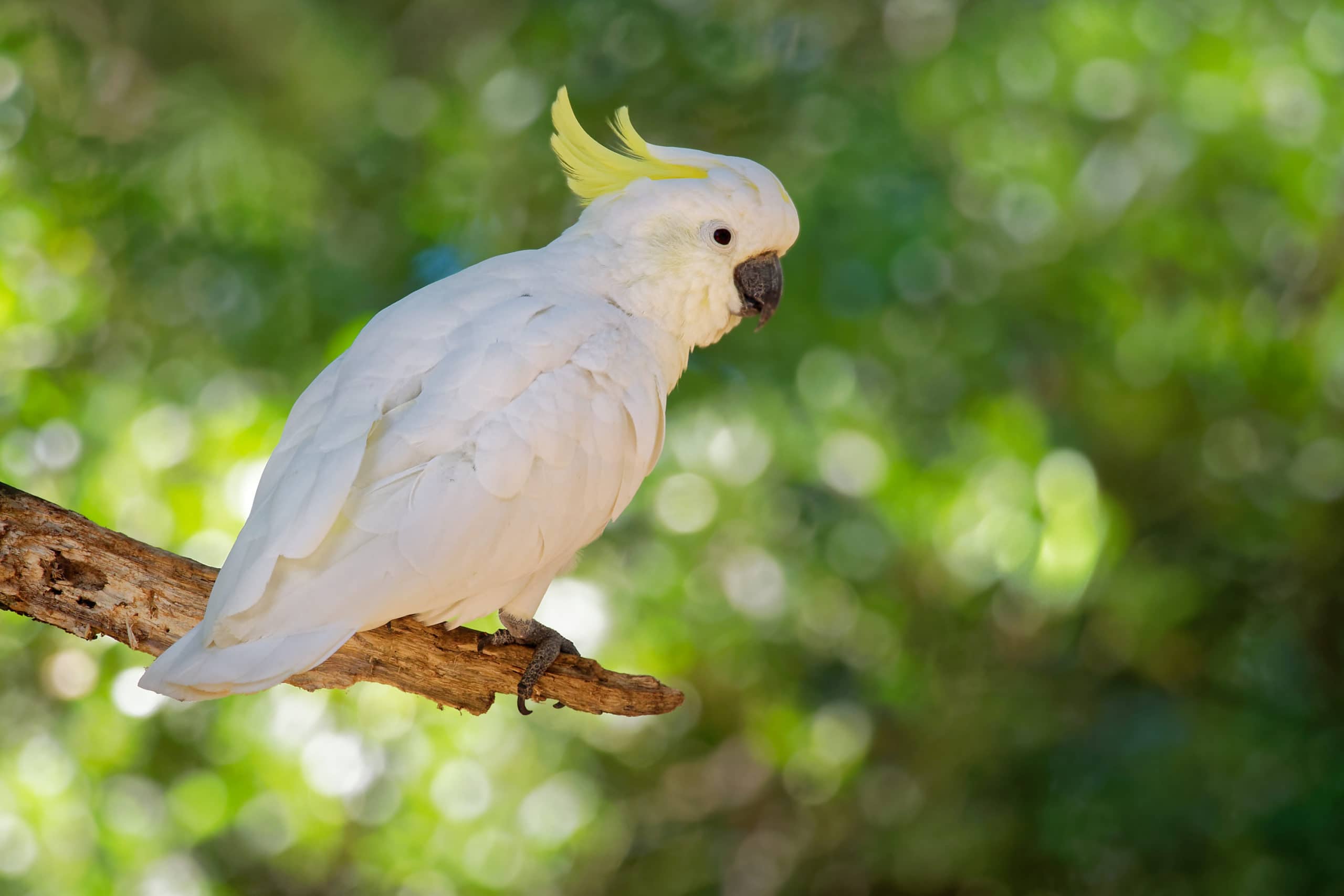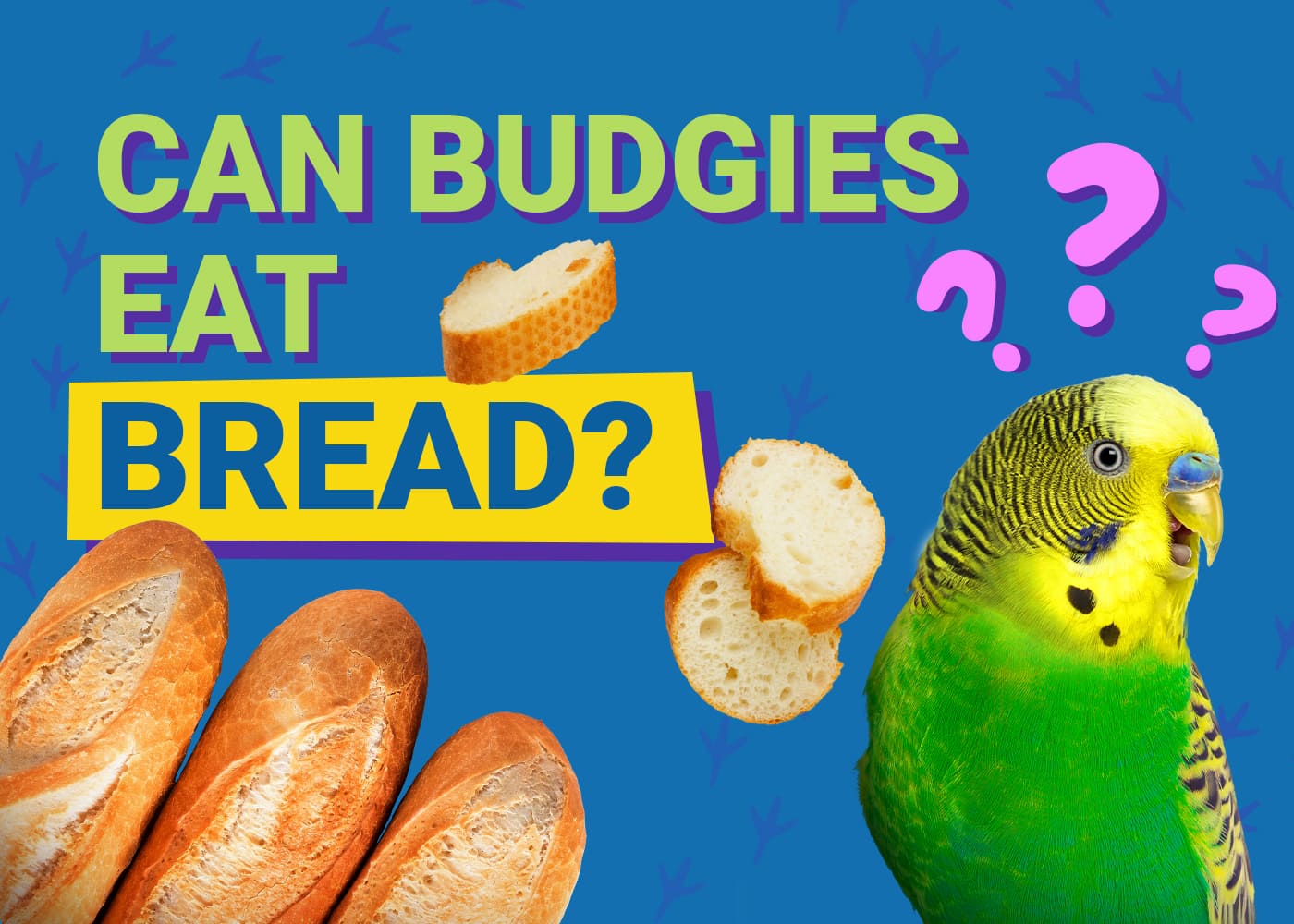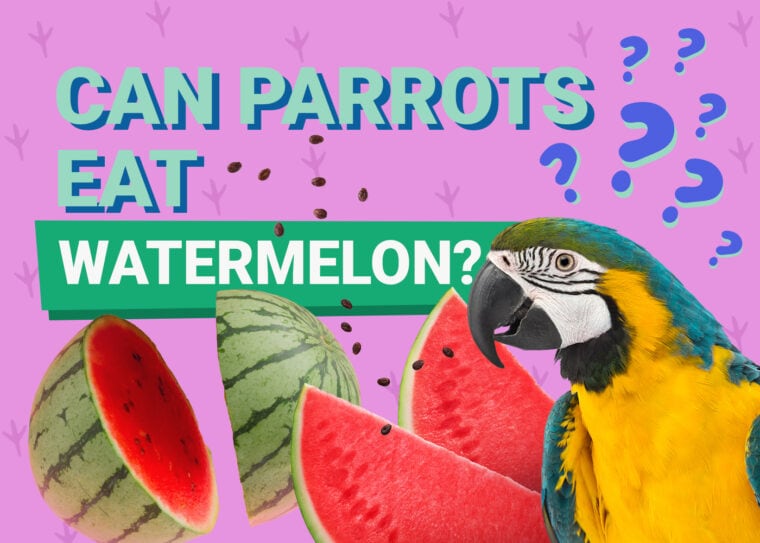
Watermelon is a juicy, delicious, and low-calorie snack packed with health benefits. It may be one of your favorite fruits. But as a parrot owner, you must be lingering over this question.
Can parrots eat watermelon? They sure can. A slice of watermelon is safe for your bird. It will boost the parrot’s immune system, organ health, and bone health. Besides, the fruit is rich in minerals and vitamins.
Here is everything you need to know about parrots eating watermelons.
Benefits of Feeding Watermelon to Parrots
Watermelon is as nutritious to parrots as it is to humans. Here are the nutrients it contains and their benefits.
Without a doubt, watermelons are beneficial for parrots. But how much watermelon does your parrot need?
Serving Watermelon to Your Parrot
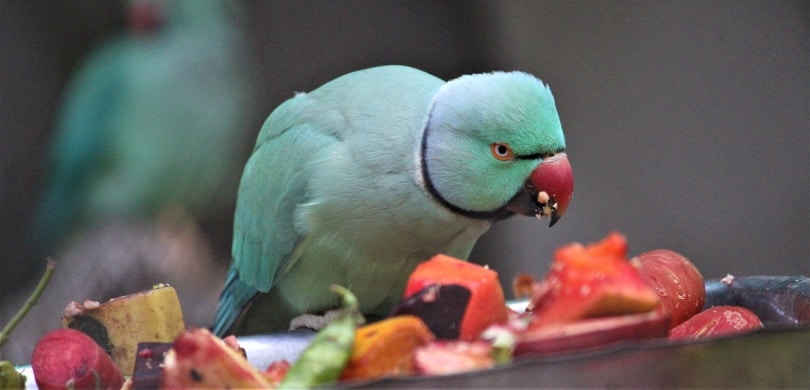
Parrots love eating watermelon since it has a stringy texture and a juicy squish that the bird finds entertaining. In addition, it provides enrichment when the bird picks out seeds from the watermelon. Its sweet flavor, too, works significantly as a treat.
However, watermelon should only constitute 15% of the parrot’s diet. Therefore, if you have a macaw, the recommended daily serving is one and a half cups of fruit. The smaller parrots, like the parakeet, only require ¾ cup.
Feeding Watermelon to Your Parrot
Clean your watermelon and remove the rind. Then, chop the pink pulp into smaller sizes. Doing so minimizes the surface area and makes it easier for the bird to eat. It also reduces the mess your bird would create when eating.
Is it Safe for the Parrot to Eat Watermelon Seeds?
Yes. It turns out that parrots tend to go for the seeds first when offered watermelon. They will sprinkle the pink pulp around as they pick out the seeds. This provides enrichment.
Besides, the bird has a firm jaw that cracks open the shells. For this reason, do not worry about watermelon seeds causing harm to your feathery pet.
Furthermore, the seeds are nutritious. They contain copper, zinc, magnesium, potassium, and folate and are suitable for feather growth, bone growth, heart health, and metabolism.
Parrots can also have watermelon juice. Simply blend the watermelon and sieve the seeds out.
Serving Watermelon Rind to Your Parrot
All parts of the watermelon are considered safe for a parrot to consume. Nevertheless, it is recommended that you avoid the watermelon rind. The reason behind this is that it is difficult to differentiate which rinds contain pesticides or substances sprayed on the fruit to repel pests and which ones don’t.
The rind retains pesticides even after it is thoroughly washed. Should your parrot ingest a small fraction of this, it can be toxic.
The only time your parrot should consume a watermelon rind is when it is organically grown. Organically grown watermelon rind is rich in citrulline, ideal for heart health, increases energy levels, and reduces blood pressure.
The rind is also a source of fiber, which helps your bird maintain a healthy weight and is suitable for bowel movements.
How to Make Watermelons Appealing to Your Parrot
If you’ve tried feeding watermelon to your parrot, but they do not like it, do no give up just yet. Try these three tricks.
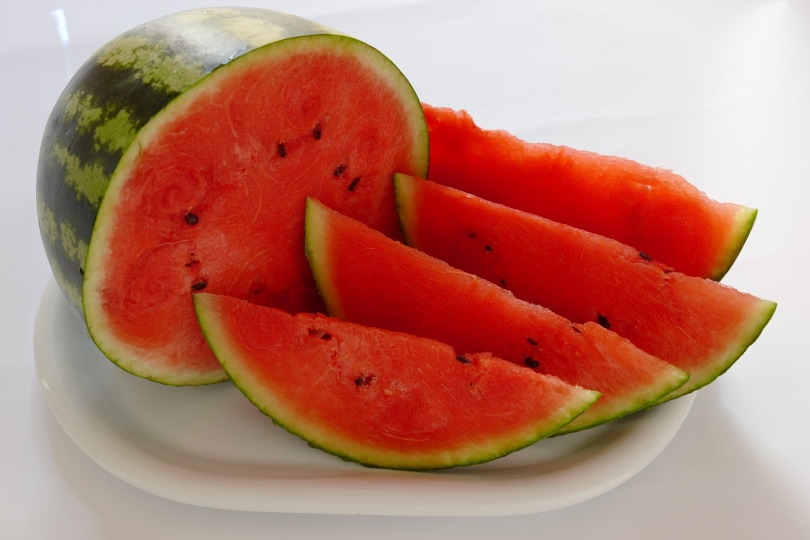
1. Serve Bigger Chunks
Spark the bird’s interest by serving bigger chunks of watermelon. The parrot will have fun breaking the melon into small chunks and unknowingly eat melon.
2. Change Location of Food
Alternatively, change the location where the parrot gets its meals. If you usually place food on the cage floor, try placing it higher so your bird can fly to reach it and vice versa.
You can also try hand feeding.
3. Create a Stress-Free Environment
It could be that you’ve placed the parrot’s cage in a stressful environment, which could be affecting their appetite. To solve this, try feeding the bird when it is quiet or move it to a less busy location in the house.
In Summary
Yes, parrots can eat watermelon. It is a tasty snack packed with vitamins and minerals and has low calories. The pink pulp and seeds are safe, but it is best to avoid the rind.
Remember, even though the watermelon is nutritious, it should only constitute 15% of the parrot’s daily diet. Therefore, ensure that your parrot consumes pellets, seeds, nuts, and vegetables to maintain a balanced diet.
Featured Image Credit: Valdas Vrubliauskas, Shutterstock



